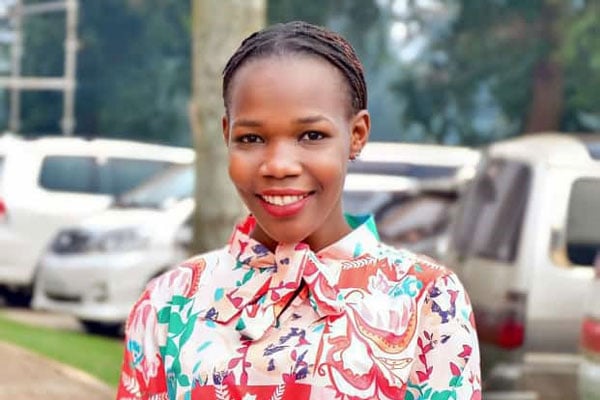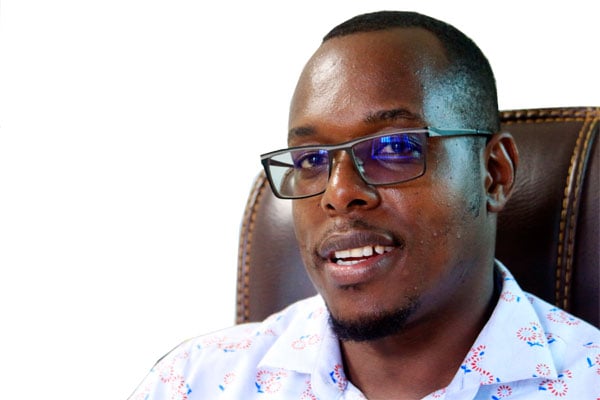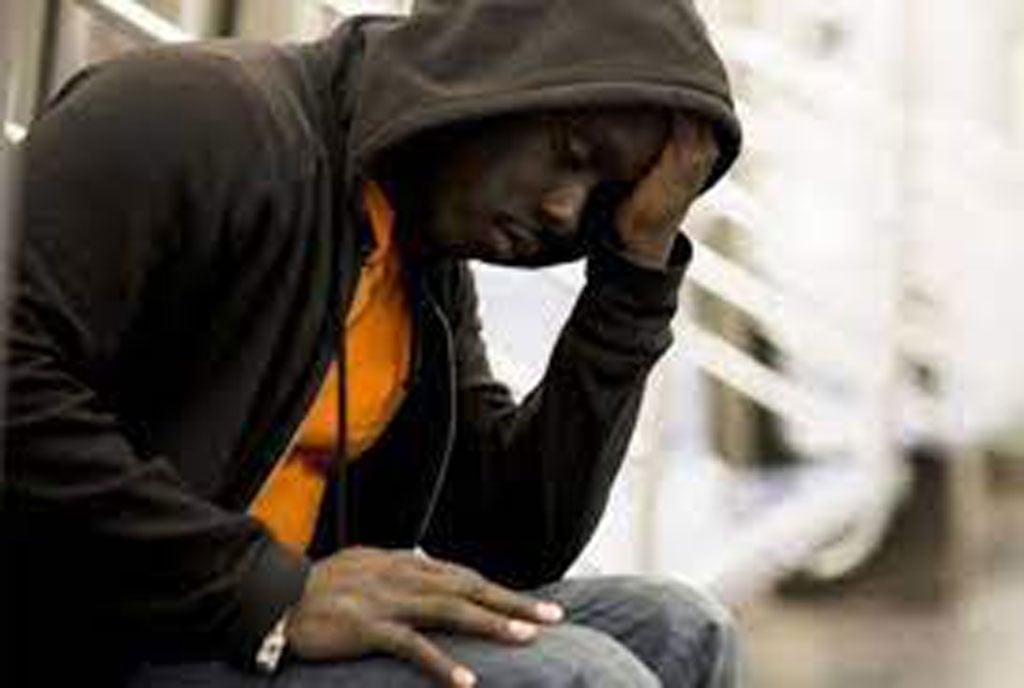Makerere students launch campaign to create mental health awareness

Several young people have issues regarding mental health. PHOTO | COURTESY
On October 10, the globe marked Mental health day themed Make mental health and wellbeing for all a global priority.
In line with the theme, Makerere University students started a campaign to create awareness about mental health on campus. The campaign themed “Together for mental health (#TG4MH) was launched recently with support from the Makerere University Counselling and Guidance Centre.
The team leaders Nelson Ruto Rotino, and Vanitah Kajumba, fourth year students of journalism and communication, say their campaign was inspired by a heart wrenching session last semester where one of the students who preferred to be only identified as Angella, relayed a story of how she contemplated committing suicide.
“It was shocking that we had maneuvered through three years of our course, unaware of Angella’s struggles and the fact that we could have lost her. It is a painful realization, but one that must be stated,” Mr Rotino said.
Ms Kajumba said many students go through painful situations alone and in some cases commit suicide because they have no one to talk to.
“It is our hope that #TG4MH campaign induces real impact. To begin with, there is a need to break the bias that shrouds efforts channelled towards seeking support. Also, the gap between counsellors and students ought to be closed,” Ms Kajumba shared, adding that, “As such, our intervention seeks to familiarise university students with the counselling and guidance centre staff, raise awareness about mental health which includes putting to bed several myths and through community campaigns for champions and peers to enable action. This way, each person will know that it is okay to seek help or support.”
Angella, narrated her ordeal, saying her problem stemmed from discovering that she had missing marks and whichever office she went to at Makerere University, they gave her negative feedback.
“Since year one, my registration number was interchanged with my classmate’s. So, I would be given her marks and she would take mine. However, each time I would raise my issue, they brushed it off,” Angella recounted.
For this student, after the futile process she devised other means.
“One day, I approached a lecturer who told me that she saw my script but it did not bear a registration number, so she left it out and my results were not recorded,” she said.
“Then, one day I was excited to have scored 80% in some course unit. However, this was cut short when I received a call from a lecturer saying the results were for the other student and my mark was 76%. It was not so bad, but I got angry that my marks were always morphing,” she added.
Angella said what triggered suicidal thoughts was she does not have her results on the student portal, “where they have been uploading our marks since Year One, but everyone else has their marks. I went to the person in charge of uploading our marks, but he sent me to the registrar’s office, and the registrar sent me back to him. This became a pattern and I even went to the academic registrar, but all in vain.”
She claimed to have gone to the head of department who said she does not handle such issues. Suddenly, she felt helpless, very frustrated that she would not graduate with her cohort.
“What if I am told that I do not have marks, and in the end I have studied for nothing,” Angella wondered. Life looked so useless.
She talked to a friend that counselled her and this stopped the suicidal thoughts.
Asked if her issue has been resolved, Angella said, “They have not yet attended to my concern but I do not know if I will graduate with the rest next year. Despite the bureaucracy, I have not given up.”
Dr Henry Nsubuga, the director of the Counselling and Guidance Centre at Makerere University, says World Health Organisation (WHO) defines mental health as the state of well-being and how well you are in order to cope with the situations of life. In his view, this is not static, it keeps changing.
“No one has a mental health status that is 100 percent okay. It oscillates between poor, fair and very good. Mental health enables us to cope in various life situations because life must go on,” Dr Nsubuga says.
Young students need to be mentally well, need to know how to live with others and also how to deal with ourselves which contributes to the community.
“Mental health is contagious, if you are mentally unwell, you will also affect the well-being of those around you. Just like people go for physical exercises to treat the body, the same ought to be applied to mental health,” he explains adding that people who are not mentally healthy end up suffering from hypertension, diabetes and other non-communicable diseases that have a connection to mental health.
Common causes
Dr Nsubuga says Makerere University students face many problems that include academic issues, relationships with boyfriends, financial constraints, and going without food.
“Some of our students are just getting into adulthood while others are adults with problems. They are transitioning from being dependent on their parents to being independent. Thus, they have challenges that are economic, social and psychological. Tragedies such as losing a loved one, breaking up with a boy or girlfriend are tough on them,” he shares.
He cites that some students have been wounded by their parents, former school officials, passersby, others have been raped, some have been in war, among other experiences which have a lasting effects if not confronted along the way.
The counsellor says students have career concerns; someone is about to complete university, but they are afraid of what is going to happen after. Where will they get work placement, and worries such as “will I get a partner, I don’t have a boyfriend, how will I survive? I don’t like the course that I was offered, what am I going to do? I hate school because I have so many retakes.
Solutions
Dr Nsubuga says since Covid-19 struck, they have had a spike in the number of students that seek counselling services.
“Each day, we receive about 10 students seeking counselling services unlike before when they received about three students a day. The students can now engage us on WhatsApp and we are coming up with an application called Unicare where students will have online counselling services. You login and access counselling services,” he highlighted.
“As counsellors, we face challenges because this service is new to the African setting. People think if you go for counselling, you are weak but we want students to know that counselling is for normal people,” he said.
Dr Nsubuga acknowledges the need to sensitise and demystify counselling.





